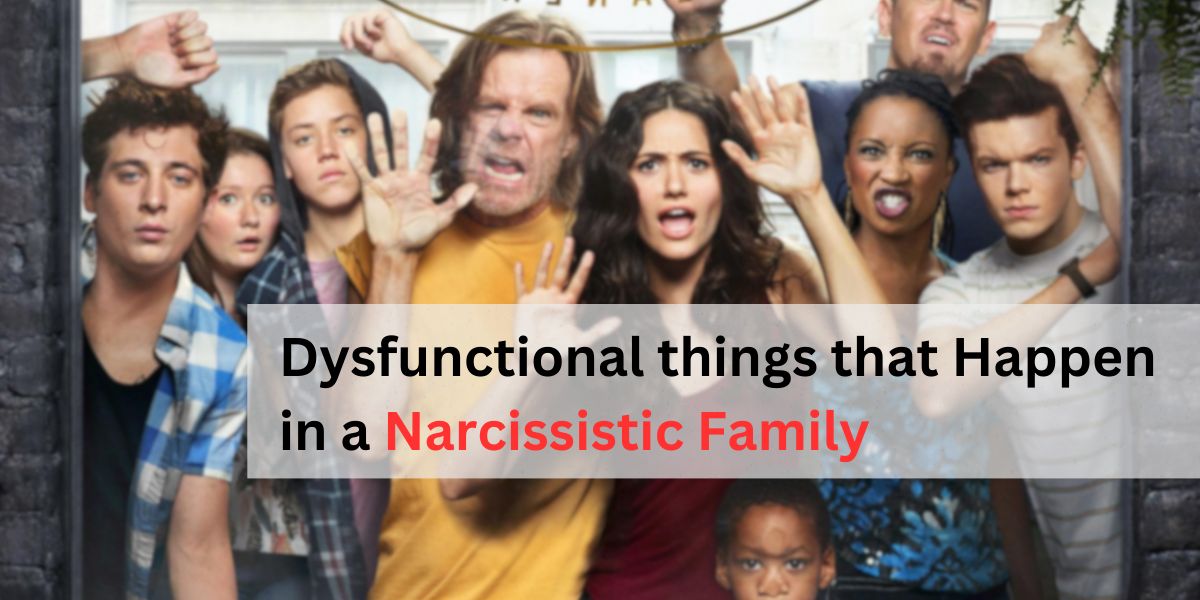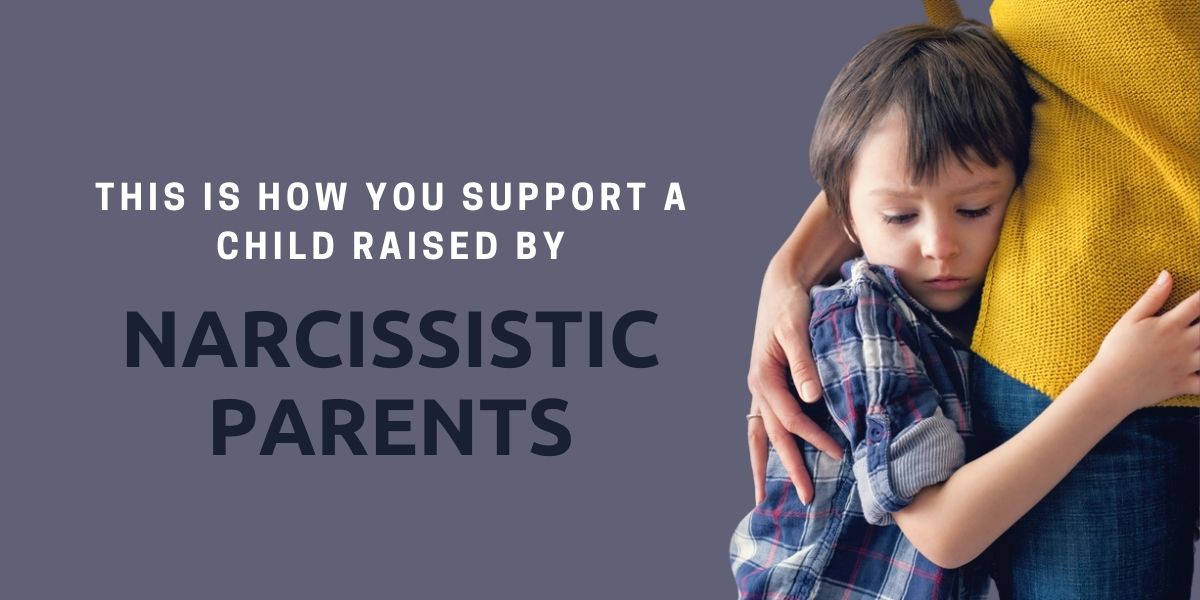
11 Dysfunctional Things in a Narcissistic Family
Picture a family where one or more member dominates and controls everyone else, using emotional abuse, manipulation, and gaslighting tactics to maintain power and control. This is the reality for many individuals raised in a dysfunctional narcissistic family. Just think about how a child grows under such circumstances. Children of narcissistic parents may be subjected to emotional abuse, neglect, or even physical abuse. They may also be held to unrealistic standards or made to feel responsible for the emotional well-being of their parent. In this article, we will explore some of the key facts about narcissistic families. Why Narcissistic Families are toxic? Narcissistic families tend to be toxic because they are built around the narcissist’s need for control, validation, and admiration. This results in a family dynamic dysfunctional and may engage in a variety of abusive or neglectful behaviors, while other family members may become enablers or codependents, perpetuating the toxic cycle. This can lead to long-lasting emotional scars and a sense of isolation and powerlessness for those trapped in the narcissistic family system. Before getting into the article, we want you to know this platform is created with the motive that you can vent out your emotions through the comment section of the articles you relate to. You can either comment and respond to the people you relate to and also register with Udante if you want to have a private and friendly conversation with us for free. Dysfunctionalities in a Narcissistic Family Dysfunctionalities in a narcissistic family can include emotional abuse, manipulation, and a lack of healthy boundaries affecting the family members. The resulting family environment is often marked by a lack of trust, emotional instability, and a sense of isolation and powerlessness for those trapped in the system. The dysfunction in narcissistic families can have a profound impact on the well-being of everyone involved, perpetuating cycles of trauma and abuse across generations. The followings are some of the common and too impacting dysfunctionalities in a narcissistic family. Lack of emotional bonding Narcissistic families are characterized by a lack of emotional bonding, empathy, and genuine concern for one another. Members of these families often feel isolated and alone. Furthermore, narcissistic parents may treat their children as extensions of themselves rather than as individuals with their own thoughts, feelings, and desires. This leaves children feeling unseen, unheard, and unimportant, leading to issues with self-worth and self-esteem. Overall, a lack of emotional bonding in narcissistic families leads to long-term impacts on children’s mental health and well-being, and it affects their ability to form healthy relationships in the future. Focus on maintaining the family image The primary focus in narcissistic families is on Maintaining the family image. It is important for narcissists to increase their own sense of self-worth, protect themselves from shame and criticism, and control how others perceive them and their families. Some of their actions on their families are Have a burning desire for admiration and validation from others. They may receive the admiration and validation they strive for by projecting a positive image of their family to the outside world Often the fear of being seen as flawed or imperfect triggers feelings of shame and insecurity. By presenting a perfect image of their family, they avoid feeling shame or embarrassment. By maintaining the family image, they have strong control over how others perceive them and their family, as well as ensure that family members behave in ways that reflect well on the family. Make members of the family present a facade of perfection to the outside world, even if things are far from perfect at home. Children are seen as extensions of the parent Children in narcissistic families are usually understood as extensions of their parents. Narcissistic parents see their children as a means of validating their own self-worth and meeting their own needs for attention, admiration, or control. They expect their children to excel in areas that they value or their unfulfilled dreams and aspirations. This leads to a child choosing to believe that they are only valued for what they can do or achieve, rather than for who they are as individuals. They may feel pressured to meet their parents’ expectations, regardless of their own interests, needs, or desires. As a result, children in narcissistic families may struggle with developing a healthy sense of self and may experience feelings of shame, guilt, or unworthiness. Children are objectified In narcissistic families, children are often objectified by their parents or other family members. Objectification is when a person is treated as an object or a thing, rather than as an individual with feelings, needs, and desires. The child’s own desires, feelings, and needs may be ignored or dismissed. This incredibly damages a child’s emotional and psychological well-being. In some cases, narcissistic parents may sexualize or treat their children inappropriately. Making sexual comments or jokes, exposing their children to sexual content, or even engaging in sexual behavior with their children are all examples of this. For a child, this type of objectification can be extremely damaging and traumatic which can even lead to PTSD due to narcissists. Emotional manipulation, gaslighting, and guilt Narcissistic family members may use emotional manipulation tactics such as guilt-tripping, shaming, or threatening to control and manipulate the emotions and behaviors of their family members, leaving the victims feeling powerless and confused. The narcissists may use gaslighting to actively distort or deny reality to make their family members doubt their own perceptions and experiences, which can lead to the victim feeling confused, anxious, and doubting their own sanity. Narcissistic individuals may use guilt to manipulate and control their family members, making them feel responsible for the narcissist’s emotions or actions, leading to constant feelings of burden and responsibility, even when the victim has done nothing wrong. Punishment for expressing opinions, emotions, or desires It is not uncommon for family members to be punished or face negative consequences for expressing their opinions, emotions, or desires. Using tactics such…








